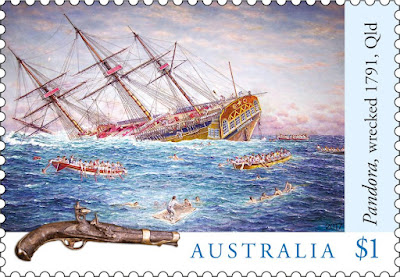The International Day for People of African Descent is observed on August 31st every year. It was established by the United Nations General Assembly in 2014 with the aim of promoting the recognition, rights, and contributions of people of African descent worldwide. The day also seeks to address the challenges and discrimination faced by this community.
The International Day for People of African Descent provides an opportunity to raise awareness about the systemic racism, inequalities, and injustices that people of African descent often face. It highlights the importance of combating racial prejudice, promoting equal treatment, and ensuring the full inclusion and participation of this community in all aspects of society.
This day also aligns with the United Nations' International Decade for People of African Descent (2015-2024), during which efforts are made to strengthen national, regional, and international cooperation to improve the rights and well-being of people of African descent.










































